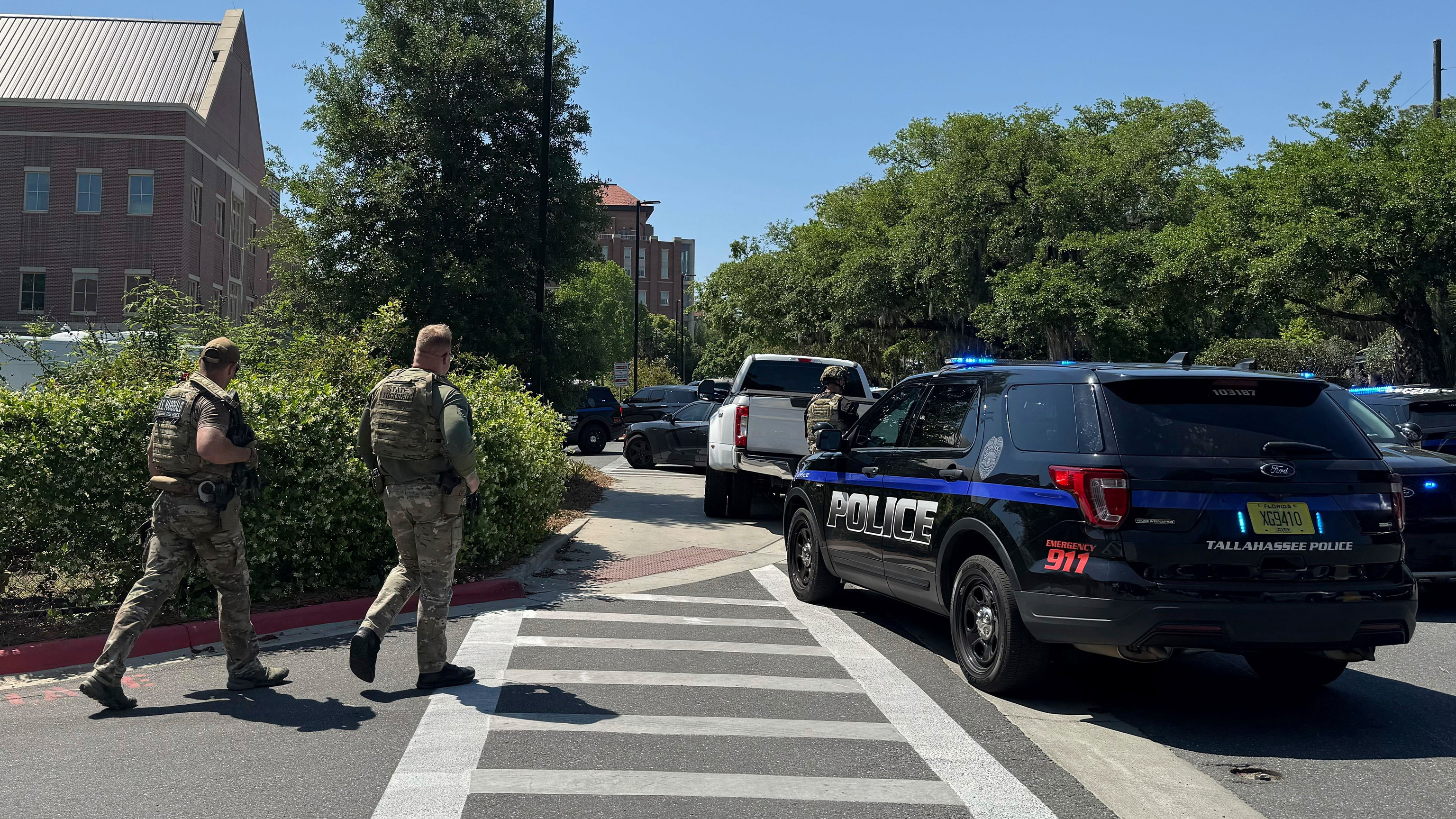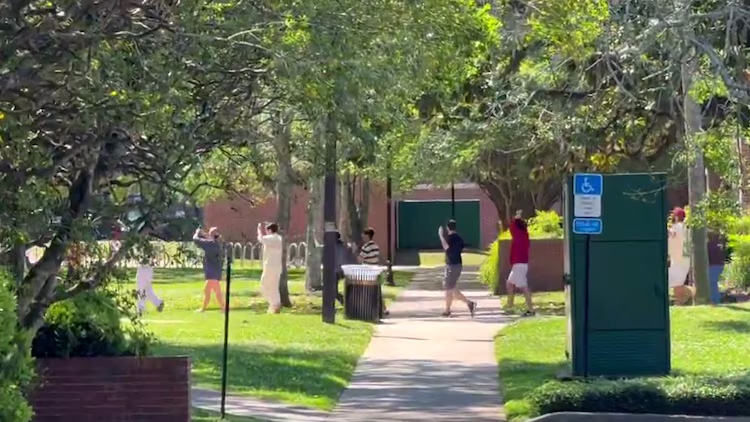Possible change to marijuana schedule status could have wide-ranging effect

RALEIGH, N.C. (WTVD) -- The Drug Enforcement Administration is prepared to support changing the drug classification status of marijuana from Schedule I to Schedule III, a decision that could have a wide-ranging effect.
"This is the federal government whose beating the drum of the drug war for decades now saying cannabis is not as bad as we thought (and) in fact, there's real medical value. I think it would be a big deal to legislators in North Carolina and outside of there," said Brian Vicente, the founding partner of Vicente LLP, who focuses on the cannabis industry.
As a Schedule I drug, marijuana is grouped alongside substances such as heroin and ecstasy. Should it ultimately be moved to Schedule III, it would be classified the same way as ketamine, testosterone, and steroids.
"I think we will see an acceleration of research around cannabis, which is excellent. Tens of millions of Americans (are) using cannabis frequently (and) we should have more research," said Vicente, who noted its status as a Schedule I drug complicated researchers' ability to obtain the drug.
This move would not affect its current legal status at the federal level, though it would allow producers to write off business expenses.
"The Office of Management and Budget, which is a federal office, will now sort of lead this process, gather comments about this proposed ruling. Myself and a lot of advocates and I'm sure some opponents of this will be submitting testimony and written comments on why they think this classification makes sense (or doesn't make sense). That'll take about 60 days, could be as long as 90 days. At the end of that, the DEA will come out with their ultimate ruling on this and it will become then the new scheduling decision," said Vicente.
Twenty-four states and Washington, D.C. have legalized marijuana for recreational purposes, and fourteen additional states have legalized some form of medicinal use. Last session, the North Carolina Senate passed Senate Bill 3, bipartisan legislation for medicinal use, though it did not garner enough support amongst House Republicans to be taken up for a vote.
"We're going to legalize marijuana eventually. The question is how do we do it and how soon do we do it," said Sen. Graig Meyer, a Democrat who represents Caswell, Orange, and Person counties and voted in favor of Senate Bill 3 last session.
Meyer, who is running for re-election, is backing full legalization, and urging other Democrats to take a similar position. A January report from Pew Research found that 57% of Americans supported legalizing marijuana for both recreational and medicinal use, while an additional 32% of Americans backed just medicinal legalization.
"We need to decriminalize it. We need to regulate it, we need to farm it, we need to tax it, and then we need to take the money and we need to reinvest that money in the communities that have been hurt the most by drugs," said Meyer.
A 2018 report from the ACLU found that Black people were 3.6 times more likely than White people to be arrested for marijuana possession, despite research showing similar usage rates.
"We know that there is a racial element to the way that these crimes are charged. We know that that racial element and disproportionality impacts not just people's everyday lives, but also their rights to vote their right, their ability to be able to find affordable housing," said Dawn Blagrove, Executive Director of Emancipate NC.
Blagrove described the scheduling change as "a step in the right direction," but urged state lawmakers to take further action.
"This is not something that we should be moving slow with. Decriminalizing marijuana, decriminalizing marijuana use, decriminalizing substance abuse issues, is something that should be a top priority," said Blagrove.
Federal prosecutors have de-emphasized marijuana possession cases, and a report last month from The News & Observer found the number of state-issued felony and misdemeanor marijuana-related charges last fiscal year was 63% lower than in 2018.
Meyer said he wasn't sure whether there would be any movement on marijuana legislation this session.
"I think the majority of people in the public are already on board with legalization as long as you have safety mechanisms in place, in part because they want the tax revenue that comes from it. We should get that tax revenue and get it out of the illegal market and bring it into the state," said Meyer.
ABC11 reached out to Senate Leader Phil Berger's office to learn more about the prospect of medical marijuana; he was unavailable for comment.







